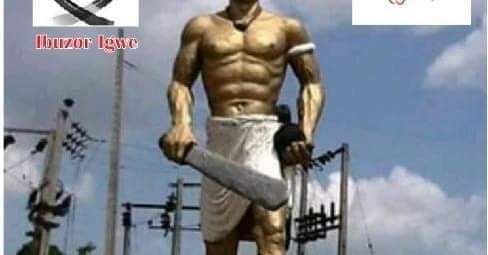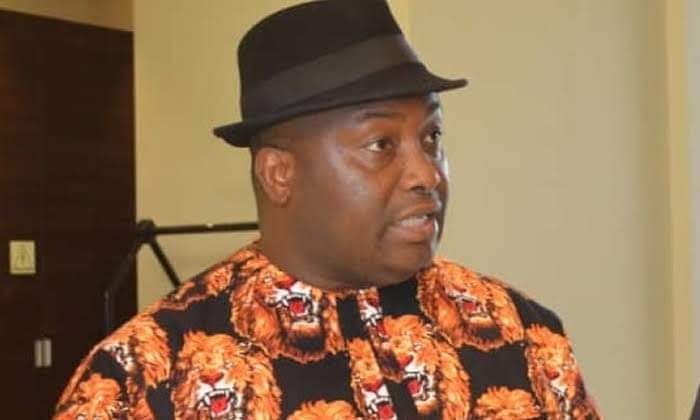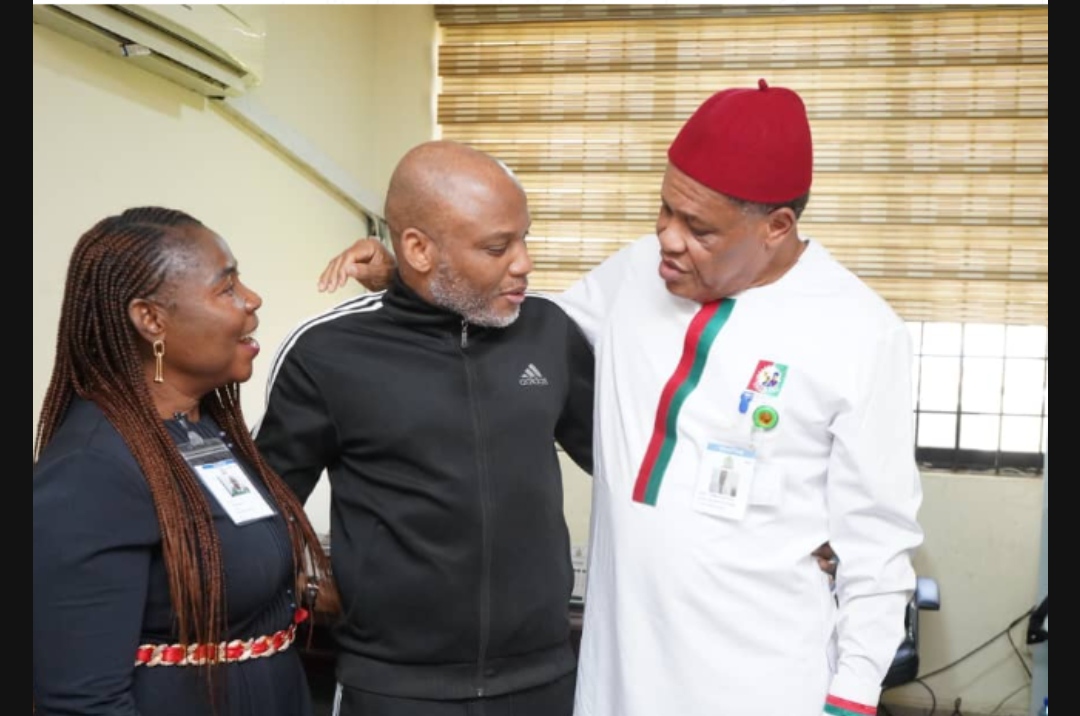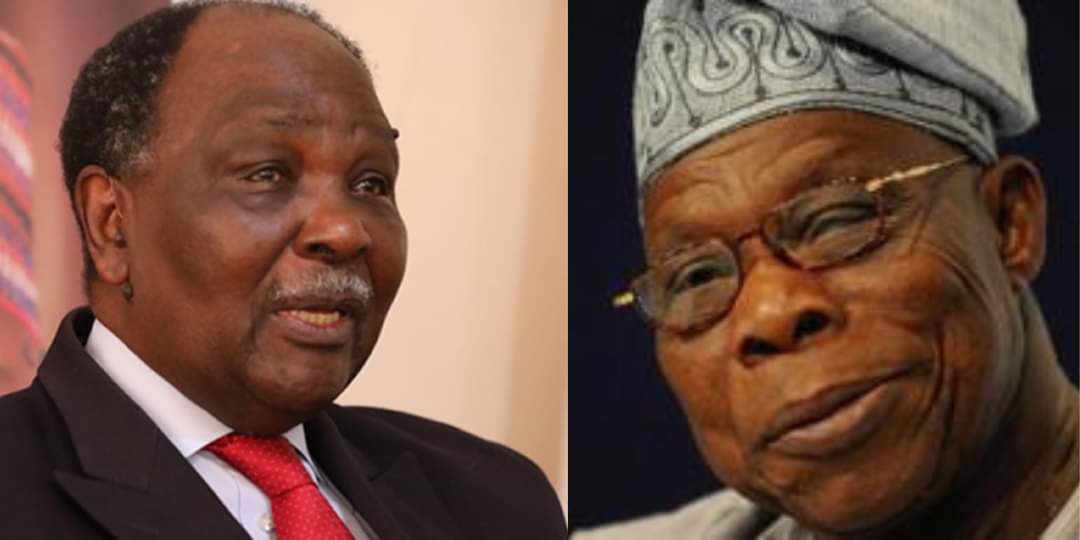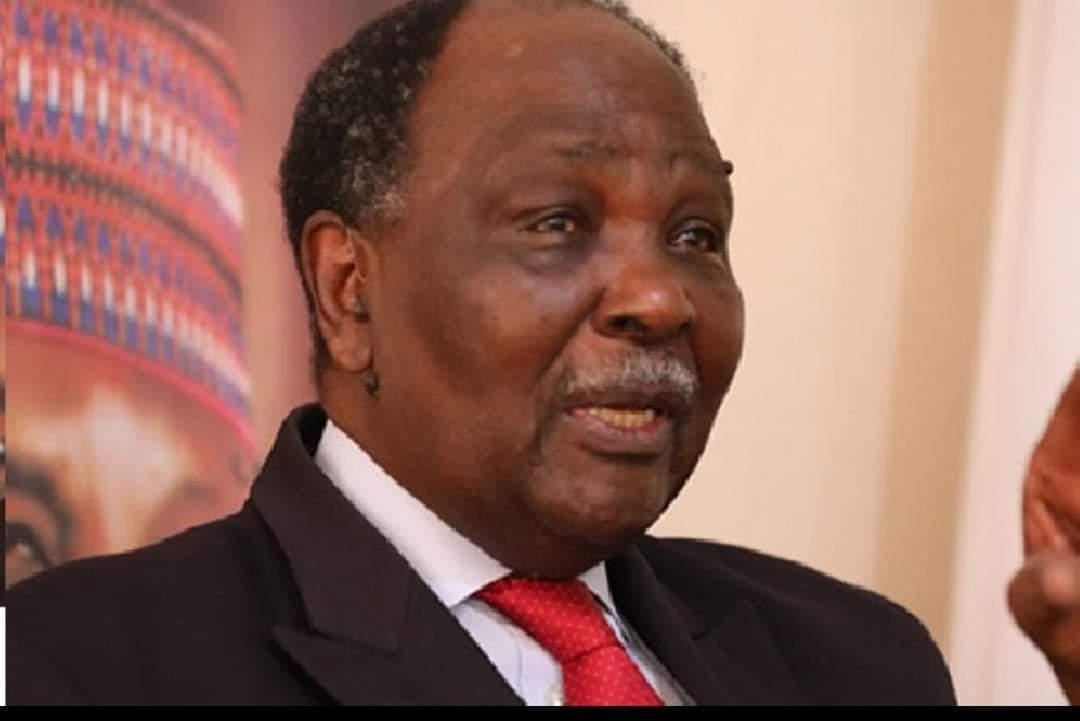The name “Ibusa” (pronounced “Igbo-Uzo”) is a subject of much debate, particularly because it is considered an Anglicized form, likely due to the British colonialists’ inability to pronounce the native name correctly. While the exact origin of the name remains uncertain, many theories exist. One popular belief is that Ibusa was the first settlement among the Asaba-Ibusa-Ogwashi-Uku region, giving rise to the alternative name “Ibuzo,” which asks, “Were you the first to settle in this area?” Interestingly, the indigenous people refer to themselves as “Igbuzo,” meaning “Igbos who live along the road.” Additionally, Ibusa is historically known as Isunambogwu, which reflects the town’s reputation for military prowess in ancient times.
Location and Composition
Ibusa is located six miles west of Asaba, in the Oshimili North Local Government Area of Delta State, Nigeria. It is part of the 55% of Igbo towns and villages within Delta State. The town’s social structure is bipartite, consisting of two distinct settlements formed at close intervals. According to oral tradition, Ibusa is a federation of two autonomous communities with different origins.
The first origin story centers on Umejei, a prince (“Nwa Eze”) from Isu, near present-day Awka. After killing an opponent during a wrestling match—an act considered an abomination—Umejei was forced into exile. His father gave him a pot of charms and instructed him to settle wherever the pot dropped. Accompanied by his sister, Omoha, Umejei’s journey ended when the pot fell at a place now known as “Ani Ohe” in Ibusa.
The exact location of Umejei’s original home, Isu, is still debated. Several towns in Igboland, such as Njaaba, Uturu, Obosi, Awka, Nnewi, and Mbaise, claim to be the ancestral home of Umejei. Most recently, the book Isu Factor in Nnewi by Ugochukwu suggests evidence linking Umejei to Nnewi. However, historians believe Isu may be located in present-day Anambra State due to its proximity to Ibusa.
The Second Settlement
The second settlement in Ibusa is linked to Obodo, who had two sons, Odaigbo and Edini. Odaigbo committed an abominable act by sleeping with one of his father’s wives, an offense punishable by death. Rather than face execution, Odaigbo was sent into exile with his family. The monarch, Eze Nshi (Nri), gave Odaigbo and Edini two pots of charms and instructed them to settle where the pots fell. Edini’s pot landed at “Ani Udo,” where his parents settled, while Odaigbo’s pot landed in present-day Ogwashi-Uku.
The relationship between the descendants of Umejei and those of Odaigbo became cordial over time, leading to the eventual merging of the two settlements into what is now known as Ibusa. Historians also speculate that migrants traveling with Chima, the progenitor of Ubulu-Uku, Onicha-Olona, Issele-Uku, and other towns, may have settled in Ibusa due to its strategic location along the road.
Political Structure and Governance
Ibusa’s political structure evolved over time. Initially, the town practiced a monarchical system, influenced by its proximity to Benin. The term “Obi,” used for traditional rulers in Ibusa, closely resembles “Oba,” the title for the Benin monarch. Over time, Ibusa transitioned to a democratic village republic system of governance, which is typical of many Igbo towns west of the Niger.
Isidore Okpewho, in Research in African Literatures, recounts the story of Ezechi, a hunter from Isu who defended Ibusa from a Benin invasion and was rewarded with kingship. However, Ezechi’s reign ended when his wife insisted on participating in the king’s councils, violating tradition. This led to Ezechi’s abdication and exile, and for a long period, Ibusa had no paramount ruler.
Today, Ibusa operates under a system in which the oldest living man, known as the “Diokpa,” leads the town. The Diokpa of each community is assisted by a council comprising local elders, known as Ndi-Eze, Ndi-Ichie, and others. The senior Diokpa, who holds the highest authority, is not elected but ascends to the position based on age and certain qualifications.
The British Arrival and the Ekumeku Resistance
The arrival of the British in the 1870s connected Ibusa to the wider Anioma region. The British colonial presence led to a decrease in distinctions between Ibusa and other Anioma towns, particularly during the Ekumeku wars. These wars, which spanned 30 years, were fought by the western Igbo people in resistance to British colonial policies that threatened their economic interests.
Ibusa played a prominent role in the Ekumeku movement. In 1883, the British launched a surprise attack on the town, inflicting heavy casualties. Although the people of Ibusa initially retreated, they regrouped and fought back, forcing the British to resort to burning farmlands to starve the town into submission. Ibusa’s resistance was so notable that the British parliament debated how to handle the town after the war.
Education and Christianity
Though Ibusa suffered losses during the Ekumeku wars, the town benefited from the introduction of Western education and Christianity. After the war, the British established institutions like St. Thomas’ Teachers Training College and Catholic missions, which helped spread education and religion throughout Anioma. The discovery of the River Niger facilitated missionary work in the area, with Father J.B. Germaneti, a French Catholic missionary, playing a significant role in Ibusa and neighboring towns.
Heritage and Preservation
It is unfortunate that Ibusa has lost some of its historical structures. The original St. Augustine’s Catholic Church, a significant part of the town’s heritage, was demolished under the pretext that it was near collapse. The destruction of such a historic building denied Ibusa a valuable cultural and tourist attraction. Other towns, like Asaba, have preserved their historic churches, built as early as the 19th century, which continue to stand as a testament to their heritage.
In conclusion, Ibusa’s rich history of settlement, governance, resistance, and cultural evolution is a testament to its resilience and significance in the broader Igbo narrative.

